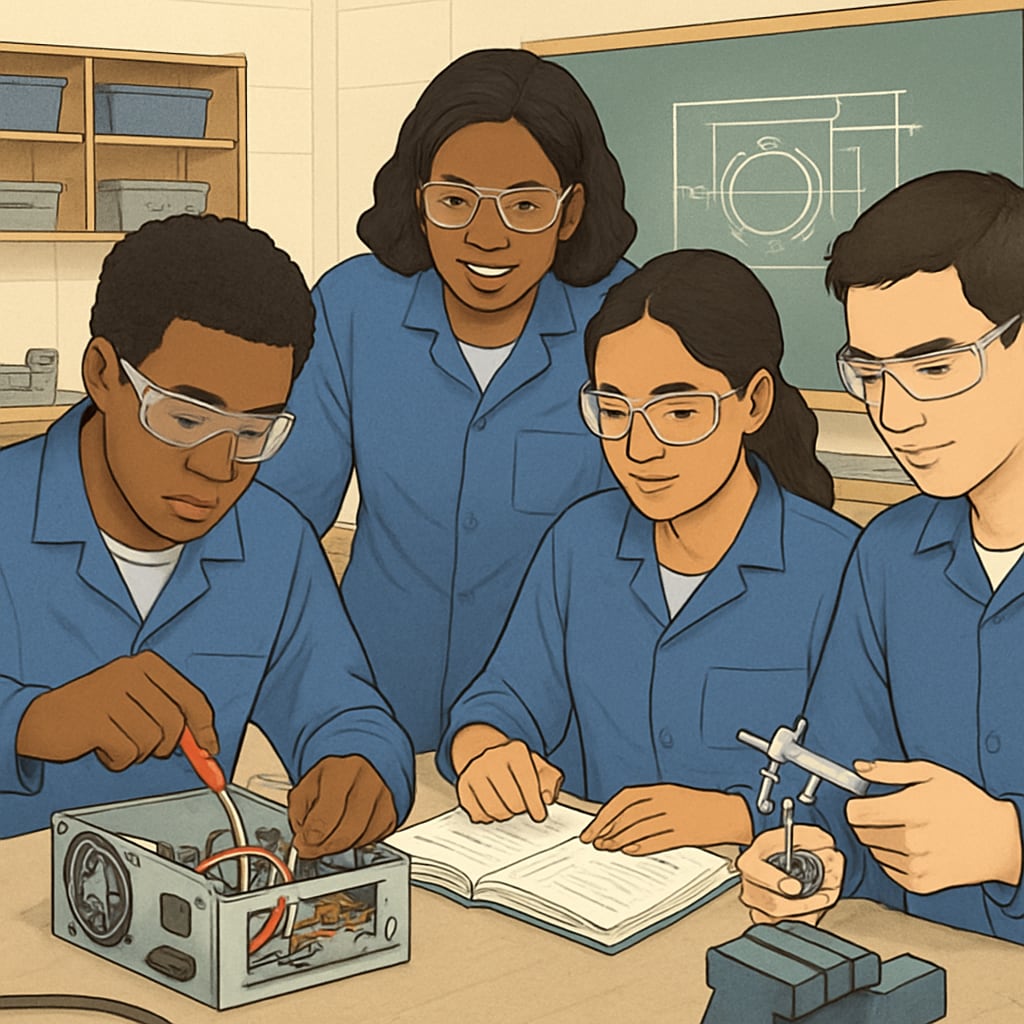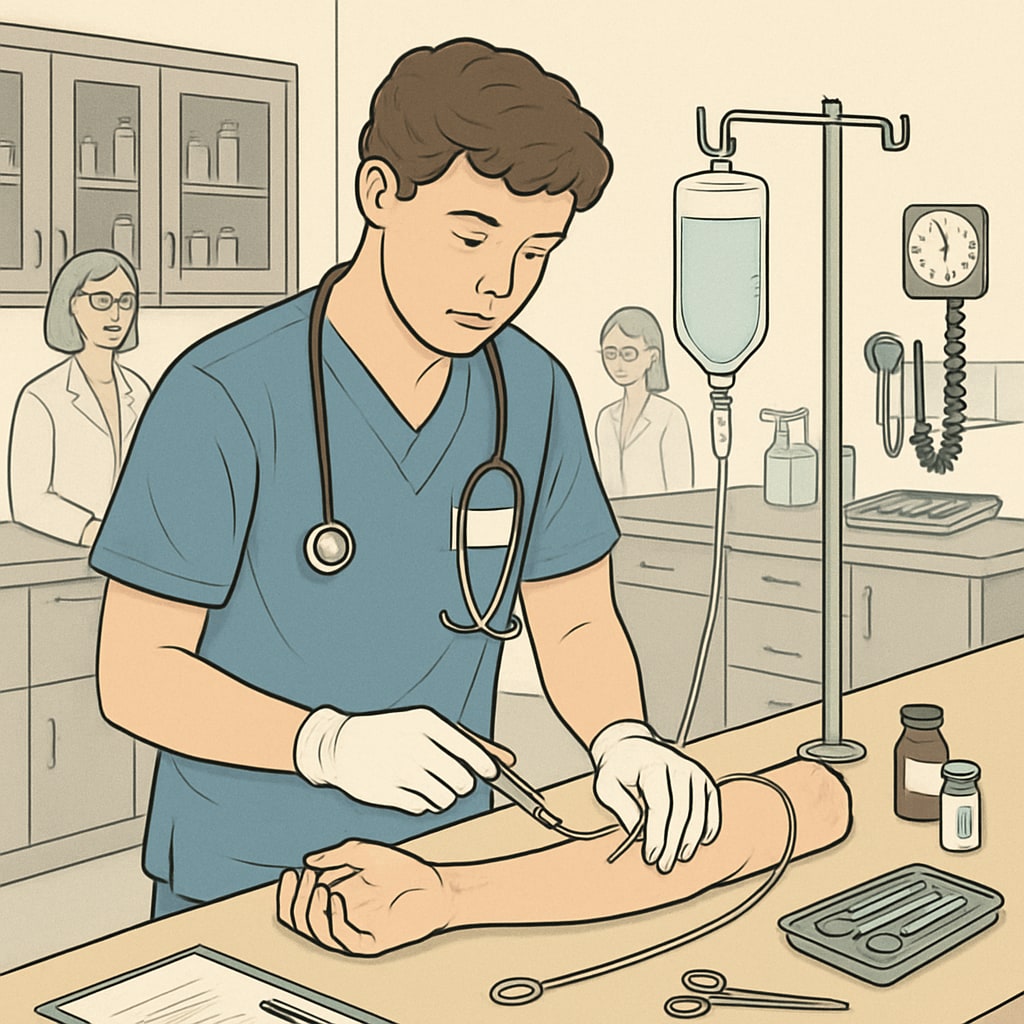For many students, disappointing GCSE results can trigger academic concerns and anxiety about their career prospects. The pressure to succeed in standardized exams often overshadows the broader spectrum of skills and talents that define an individual’s potential. While GCSEs are a significant milestone in the UK education system, it’s crucial to recognize their limitations and explore alternative pathways that empower students to achieve success on their terms.
Breaking Free from the Constraints of Exam-Based Evaluations
GCSEs are designed to assess a student’s academic performance in a standardized manner, but they often fail to capture the full scope of a student’s abilities and interests. This can lead to undue stress for students who struggle to fit into the mold of traditional academic achievement. As a result, many young people face uncertainty about their future education and career paths, believing their options are limited by their exam performance.
However, education is not a one-size-fits-all journey. Students who perform below expectations in GCSE exams should not view their results as the end of the road. Instead, they can consider alternative qualifications and pathways that align with their skills and passions. For example, vocational courses such as BTEC (Business and Technology Education Council) programs provide practical, hands-on learning experiences that prepare students for specific industries, from engineering to creative arts.

The Role of Alternative Educational Pathways in Career Development
Alternative qualifications like BTECs offer students the chance to excel in areas where traditional academic exams may not fully reflect their capabilities. These programs focus on coursework, projects, and real-world applications, which can be particularly beneficial for students who thrive in practical environments. By pursuing BTEC courses or similar qualifications, students can gain industry-relevant skills and experience, making them highly employable.
Moreover, the emphasis on vocational education challenges the notion that academic success is solely defined by exam results. It encourages a broader perspective, where creativity, problem-solving, and technical abilities are equally valued. As a result, students can build confidence in their unique strengths and pursue careers that genuinely resonate with their interests.
For instance, students who complete BTEC qualifications in subjects like IT, media, or healthcare often transition directly into higher education programs or secure roles in their chosen fields. This demonstrates that there is no single path to success; instead, there are diverse routes tailored to different learning styles and aspirations.

How Parents and Educators Can Support Students
Parents and educators play a vital role in helping students navigate the emotional challenges of disappointing GCSE results. By fostering a supportive environment, they can encourage students to explore alternative qualifications and career paths without fear of judgment. Open communication about the diverse options available can help students feel empowered to make informed decisions about their future.
- Encourage students to research vocational courses, apprenticeships, and specialized training programs.
- Highlight success stories of individuals who achieved fulfilling careers through non-traditional educational pathways.
- Provide access to career advisors and mentorship opportunities to guide students through their options.
- Emphasize the importance of resilience and adaptability in achieving long-term success.
By shifting the focus from exam scores to personal growth, schools and families can redefine success in education and careers. This approach not only benefits individual students but also contributes to a more inclusive and dynamic society where diverse talents are celebrated.
Conclusion: Redefining Success Beyond GCSE Results
Disappointing GCSE results should never be viewed as a final verdict on a student’s potential. Instead, they can serve as an opportunity to explore alternative educational pathways that align with individual strengths and aspirations. From vocational courses like BTECs to apprenticeships and creative industries, the possibilities are vast and varied.
Ultimately, redefining success means embracing a broader perspective on education and career development. By valuing diverse skills and talents, we can empower students to pursue fulfilling paths that go beyond the confines of standardized exams.
For more information on alternative qualifications and pathways, visit reputable resources such as the BTEC page on Wikipedia or explore career guidance tools on Britannica’s education section.


